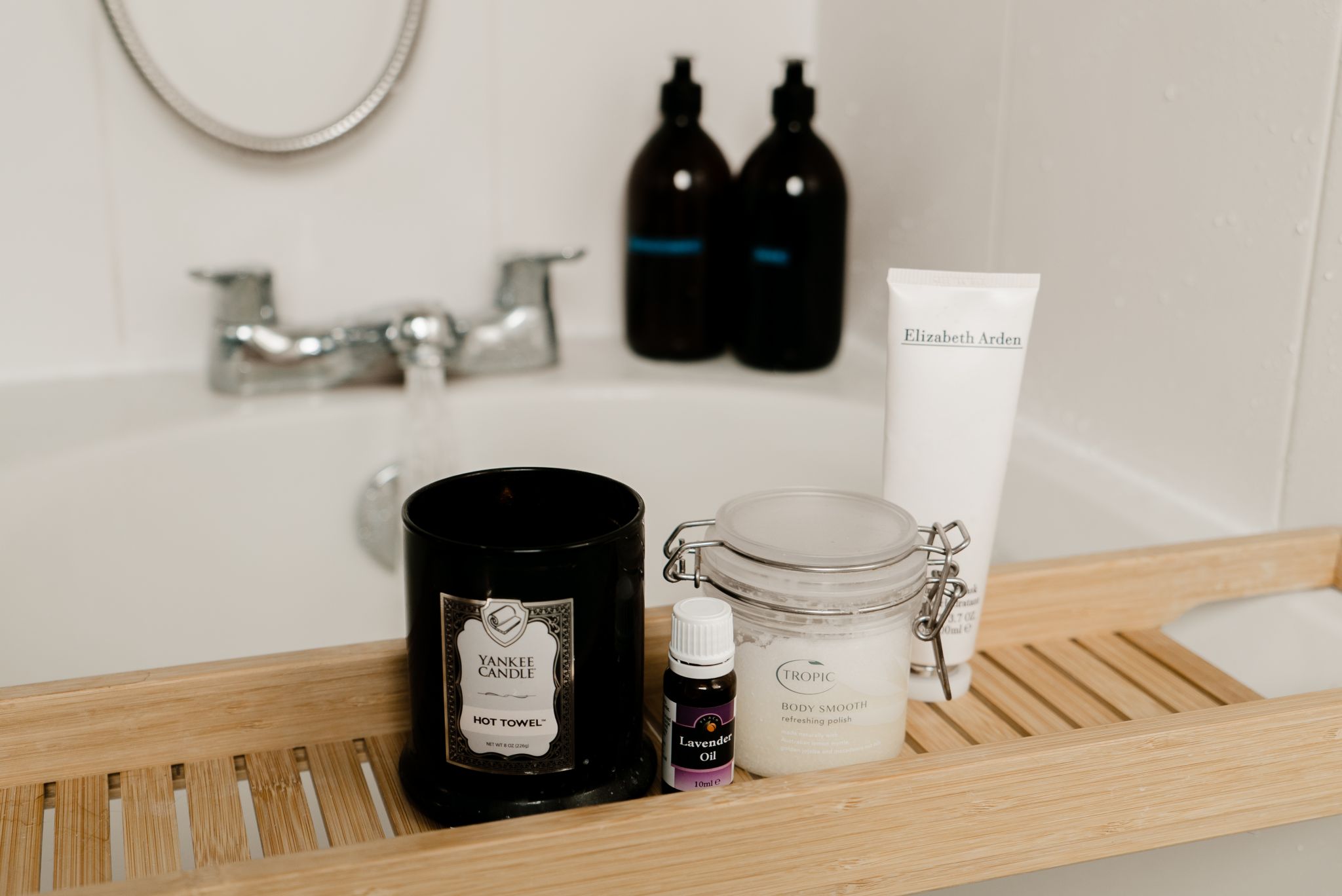INSOMNIA CURE – HOW I’VE BEEN SLEEPING BETTER
Anyone who has suffered from a sleep disorder will know that there is no one insomnia cure. I have always found sleep to be a mysterious and complex state and have struggled with sleeping disorders my entire life. Triggers for my insomnia include stress, emotional problems, depression, anxiety and panic attacks. When I am going through a difficult time, my insomnia can make it even worse, causing more stress and upset.
Most recently I have grappled with bereavement and was sent on an NHS course. While attending my ‘sleep well workshop’, and I realised I was not alone in my struggles. I have always had support around me for my insomnia but never known anyone else struggling with their sleep routine. I have also never had any medical help for my insomnia in the past, when speaking with my GP’s all I have been told is there is no magic insomnia cure pill. I came away for the workshop with some tips that I have implemented into my sleep routine and for now, my insomnia and disrupted nights sleep are at bay. Here are the steps I have taken –
1. Your bedroom is for two things only – sleep and sex. Stop watching TV, looking at your phone, reading, working, exercising and studying in there. This has made such a big difference for me for creating a strong association between the bedroom and sleep.
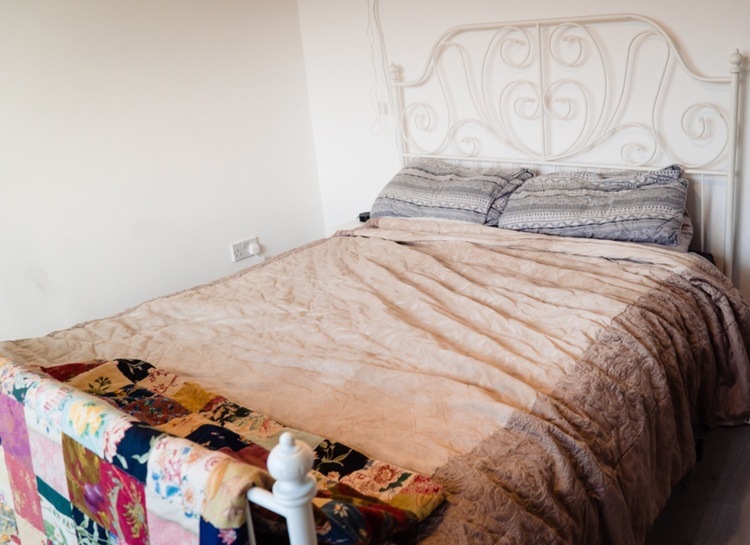
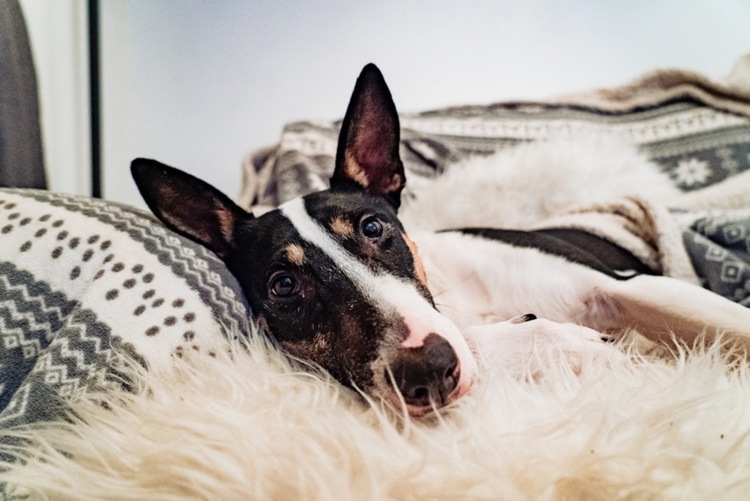
2. Create a calm place to sleep. For me, this has meant decluttering to create a minimal, peaceful space where I can switch off. Make sure your room is the right temperature, dark, quiet, and peaceful. You may want to look into which mattresses give enough support as your bed must be comfortable. Visible clocks can also be an added stress; clock-watching can allow negative thinking to continue.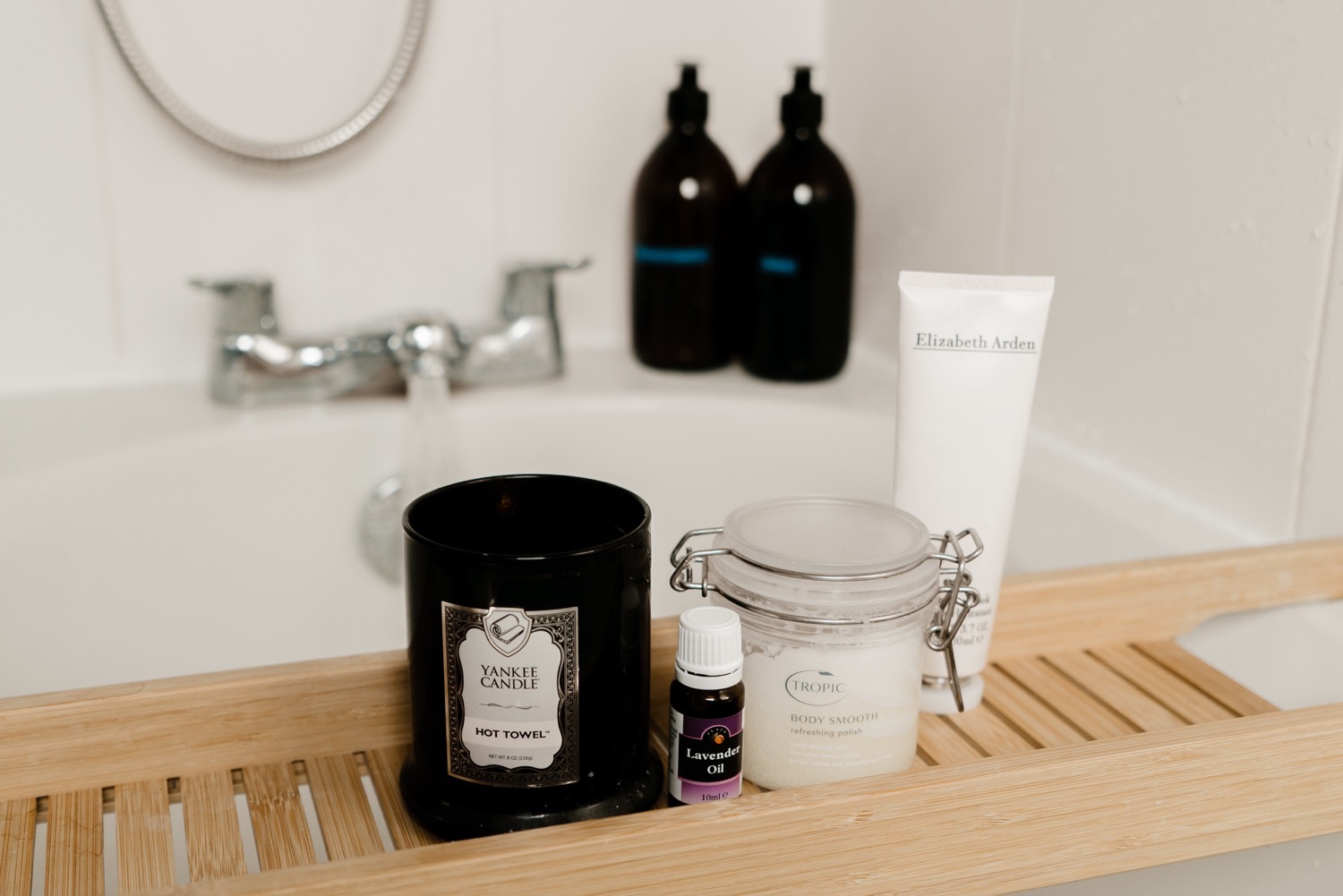
3. Set a bedtime routine – just like when you were a kid. I have a nightly ritual to help my mind and body know that these steps lead to when it is time to sleep. Begin unwinding an hour before bed whether it’s with a milky drink, listening to music or having a bath. In the hour before bed avoid blue light from a computer, tablet or phone and switch off your brain by avoiding texting, social media, emails and TV. Lavender essential oils on your pillow or in your bath help with relaxation. Don’t go to bed too early or too late, go to bed when you are sleepy. The last part of this can be pretty hard – get up at the same time each morning, regardless of whether you are tired and haven’t slept well. Everyone’s circumstances are different but aim for a pre 8 am alarm seven days a week.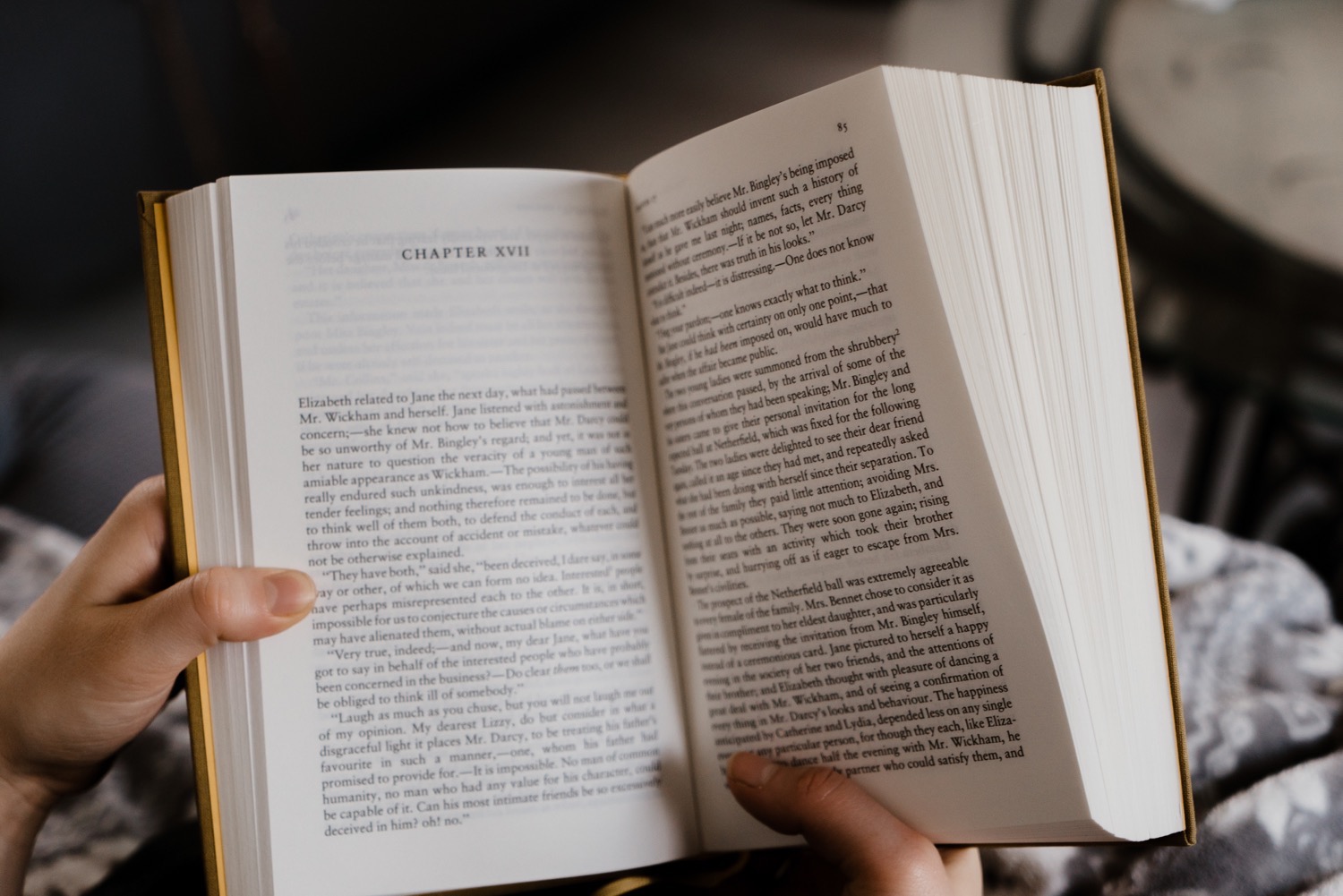
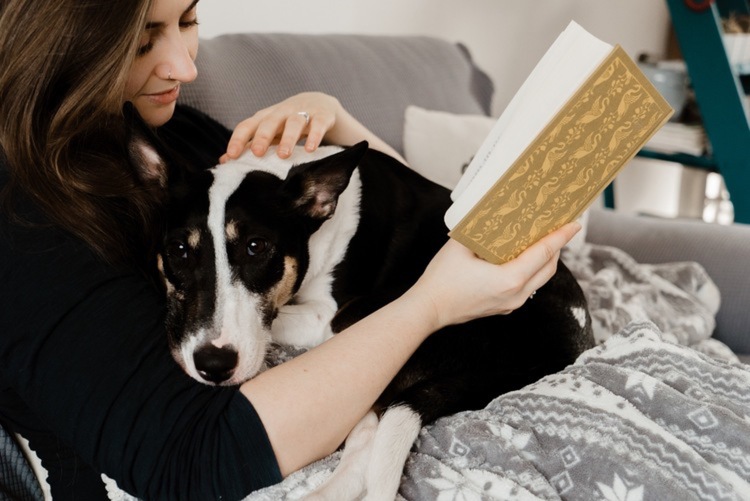
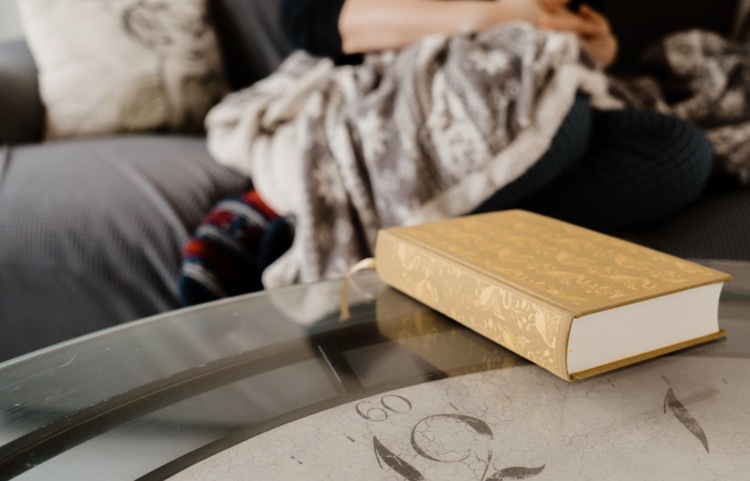
4. Retrain your sleeping habits. If you don’t fall asleep within 20 minutes leave your bedroom and do a gentle activity that won’t stimulate you. Flick through a magazine, make a non-caffeinated drink or listen to music. When drowsy go back to bed but repeat the cycle if you still don’t fall asleep. Don’t force yourself to go to sleep. This process of leaving the bedroom has stopped the negative association I had with my bedroom. I have found that heavy sheets, similar to a weighted blanket have calmed my anxiety and stopped my negative thoughts from racing. Cut any naps out altogether. Naps may be easy to give into when you have had little sleep for days, but naps break the sleep cycle and stop you from getting a good quality nights deep sleep. If you feel sleep coming before bedtime force yourself to go for a walk, to read a book or do some cooking.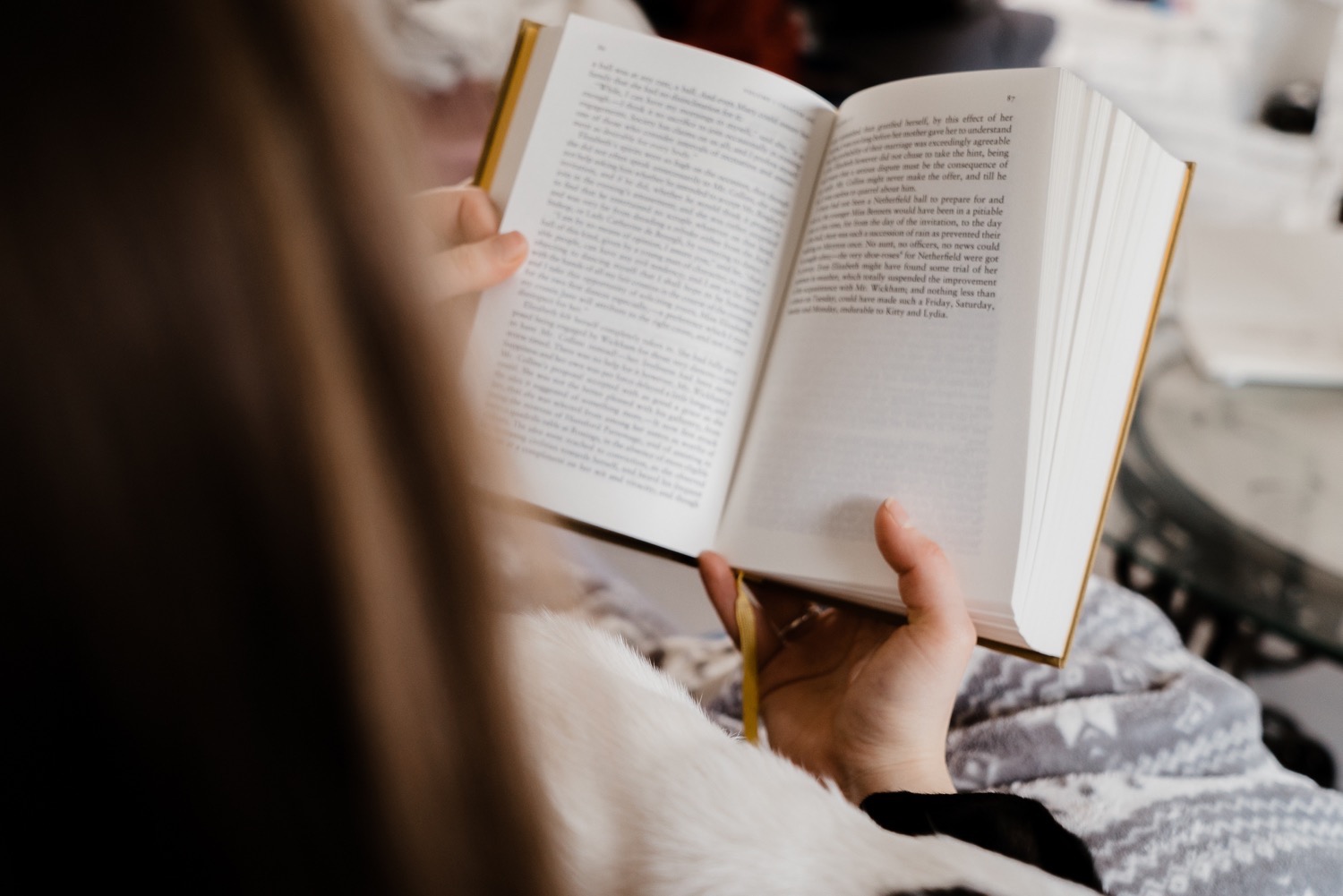
5. Make more effective lifestyle changes. I am a big coffee drinker but make sure to have no caffeine after 6 pm. Watch out for tea and chocolate which may also have caffeine in that you aren’t aware of. I haven’t drink for the past 3 or so years, but alcohol can cause headaches, dehydration, lighter sleep and waking during the night. If you are a smoker, then this is also a stimulant so try not to smoke in the 3 hours before bed and never through the night. I meal plan and make sure my evening meal is now about 2/3 hours before bedtime. A light evening snack can help you sleep such as dairy, oats, banana, rice or a milky drink – be sure to avoid sugar. Exercise can help you sleep better and force your body to relax – try to avoid exercising in the three hours before bed.
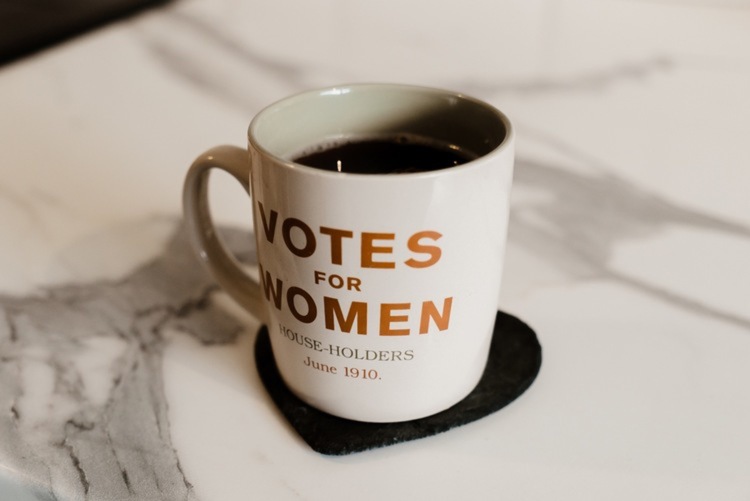
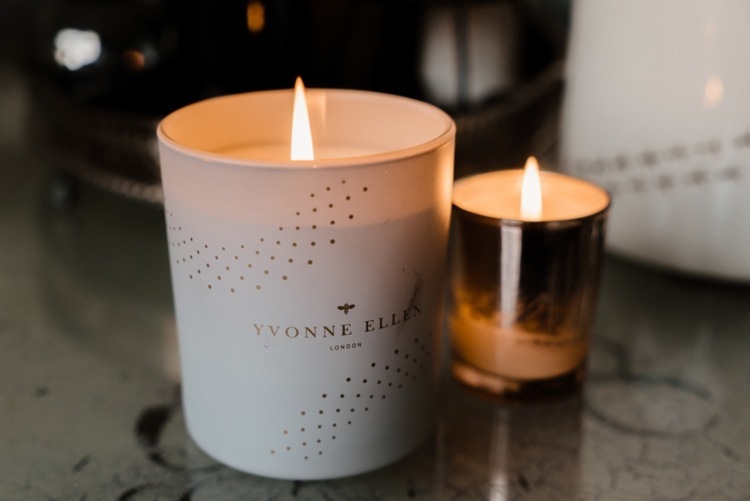
6. Anxiety control. Relaxation and breathing techniques for 15 minutes in the evening can help you combat anxiety. Mindfulness, yoga or meditation can help re-focus and calm the mind. Deal this your anxiety and problems during the day. For me, this is by completing a worry list. I give myself 15 uninterrupted minutes to consider my worries and write them down. From the list I can address the concerns I can control and regain control over the hypothetical, out of my control worries now rather than at bedtime. Be aware that anti-depressants and other medications can affect your sleep – when I started taking anti-depressants for anxiety my sleep, anxiety and repetitive night thoughts got a lot worse before they got better.
These six steps have really changed my sleeping habits and by sticking to them for the last half a year have been an insomnia cure for myself. Share these steps with a loved one or room make to make the process easier in creating a permanent lifestyle routine change.
Let me know if there are any other tips or advice you could offer someone looking for an insomnia cure.

